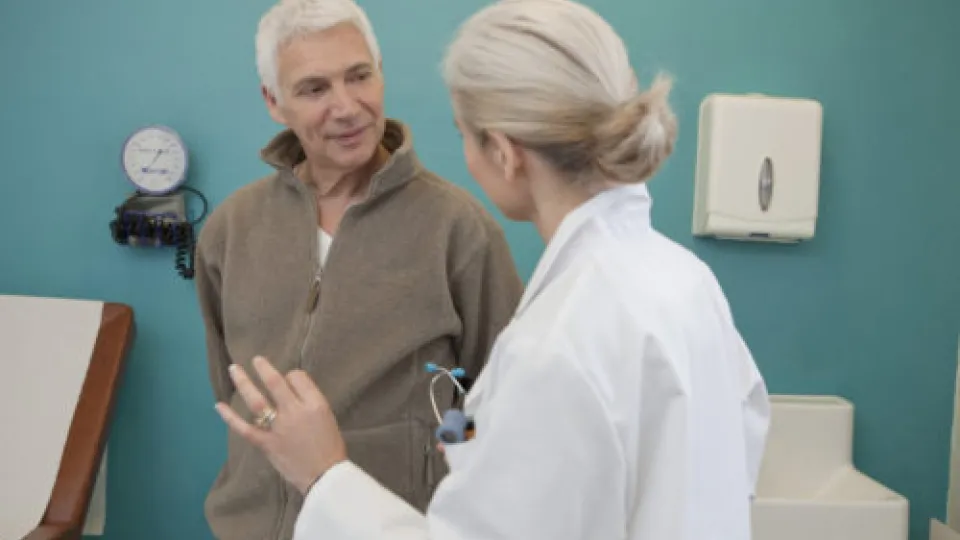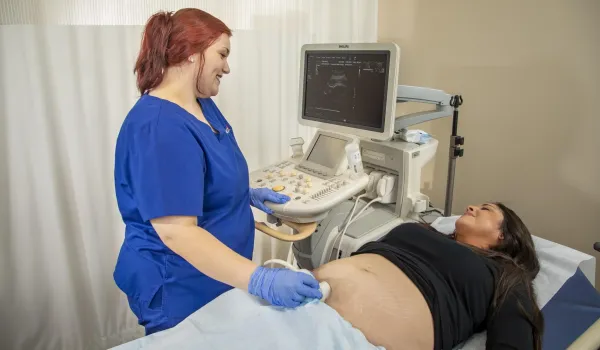
Colorectal cancer is the fourth-most-common cancer diagnosed among adults in the United States. The cancer society estimates that in 2018, more than 97,000 Americans will be diagnosed with colon cancer and more than 43,000 will be diagnosed with rectal cancer.
Overall, the lifetime risk of developing colorectal cancer is slightly higher among men (1 in 22 or 4.49%) verse women (1 in 24 or 4.15%).
With these numbers in mind, The American Cancer Society (ACS) released updated guidelines for colorectal cancer screenings.The guideline was published two weeks ago in CA: A Cancer Journal for Clinicians. One of the more noticeable updates is the recommendation that screening should begin at age 45 for people at average risk, the previous guideline stated age 50.
Why the Change?
The change was informed by research from ACS scientists, who found last year that cancers of the colon and rectum are occurring at increasing rates among young and middle-aged adults. Studies have shown that roughly one in seven colon cancer patients is younger than 50.
The numbers indicate that new cases for colorectal cancer are occurring at an increasing rate among younger adults. The ACS Guideline Development committee, after reviewing data, concluded that beginning the screenings earlier will result in more lives saved.
Recommendations for new screening by ages
- People at average risk of colorectal cancer should start regular screening at age 45.
- People who are in good health and with a life expectancy of more than 10 years should continue regular colorectal cancer screening through the age of 75.
- People ages 76 through 85 should make a decision with their medical provider about whether to be screened, based on their own personal preferences, life expectancy, overall health, and prior screening history.
- People over 85 should no longer get colorectal cancer screening.
Recommended screening test options
There are several options given by the ACS for screening tests and they didn't suggest one option over another but instead listed the options. What is most important is that you talk with your health care provider to determine which option is best for you. The 6 options given fall into two categories, Stool-based and Visual exams, with 3 options for each.
The Stool-based tests are highly sensitive fecal immunochemical test (FIT) every year, highly sensitive guaiac-based fecal occult blood test (gFOBT) every year, or Multi-targeted stool DNA test (MT-sDNA) every 3 years.
The Visual exam options are colonoscopy every 10 years, CT colonography (virtual colonoscopy) every 5 years, or Flexible sigmoidoscopy (FSIG) every 5 years.
The guidelines stressed that the screenings must be repeated at the suggested intervals to be effective. If any option besides a colonoscopy is used, any abnormal test results must be followed up with a timely colonoscopy to complete the proper screening process.
What if you are at a higher risk?
The guidelines do state that if you are at a higher risk then the average, you might need to start colorectal cancer screenings before the age of 45, get screened more often, and/or have specific tests done.
You are considered a higher risk or increased risk if:
- A strong family history of colorectal cancer or certain types of polyps
- A personal history of colorectal cancer or certain types of polyps
- A personal history of inflammatory bowel disease (ulcerative colitis or Crohn's disease)
- A known family history of a hereditary colorectal cancer syndrome such as familial adenomatous polyposis (FAP) or Lynch syndrome (also known as hereditary non-polyposis colon cancer or HNPCC)
- A personal history of radiation to the abdomen (belly) or pelvic area to treat a prior cancer
How to get more information
The best place to start is having a conversation with your health care provider as they should have a good understanding of both your medical history and that of your families. You can also call the ACS at 800-227-2345 or visit cancer.org/coloncancer.
Take The Next Step Towards a Brighter Future
We have a Concorde representative ready to talk about what matters most to you. Get answers about start dates, curriculum, financial aid, scholarships and more!




